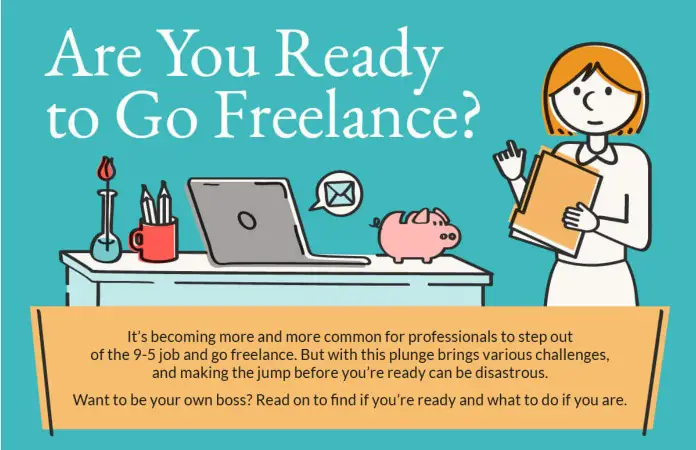freelance writing
-
5 Common Ways Freelance Writers Get Scammed
Ever since I started writing at Plagiarism Today and especially since I…
-
What Kinds of Freelance Writing Jobs Are There?
There is a common misconception that freelance writing jobs are limited. However,…
-
What You Need to Do Before Going Freelance
If a year of working remotely has made you dream of a…
-
4 Tips for Becoming a Successful Freelance Writer
Anyone who has solid writing skills, a laptop, a healthy work ethic,…
-
3 Most Common Reasons People Start Freelance Writing
The internet is the most common place that people turn to as…
-
Essentials New Freelance Writers Need
When you first explore the freelance writing career option it is normal…
-
Freelance Writing Jobs, September 24, 2018
Had a great weekend? Good — because we got more freelance writing…
-
Having a Personal Crisis? How to Deal and Keep your Freelance Writing Clients
In a perfect world, your personal and business lives would run smoothly…
-
The 12 Best Android Apps for Freelance Writers
[UPDATED AUGUST 2017] One of the benefits of working as a freelance…
-
When Can You Call Yourself a Writer?
Editor’s Note: This post was written by Brie Weiler Reynolds, the Director…







